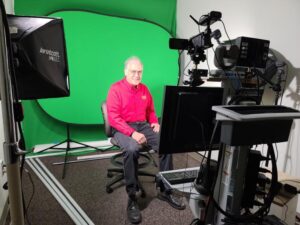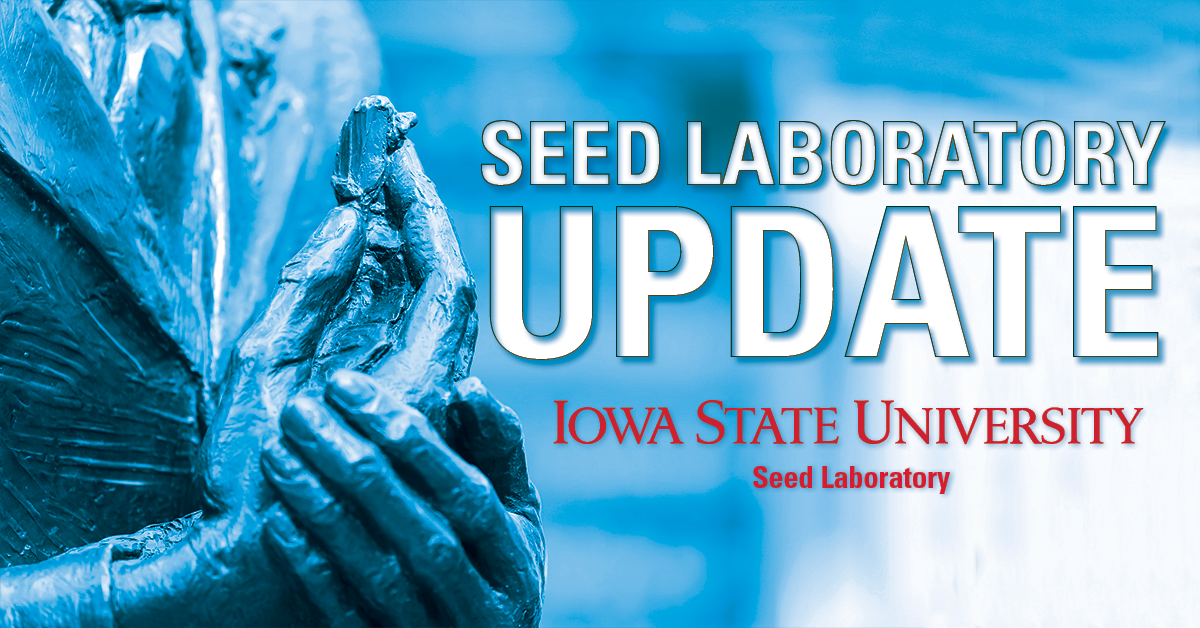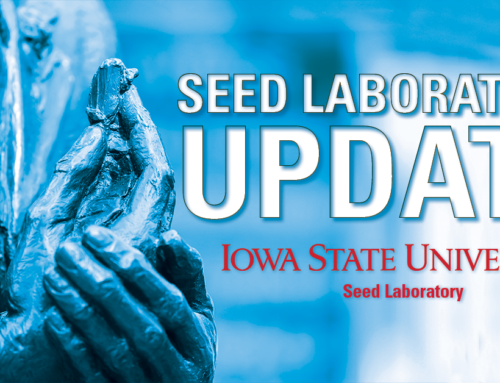 AMES, Ia – University classes are typically scheduled during the day and evening hours. So, if you think about staying up until one o’clock in the morning, a college lecture on seed conditioning is probably not what you envision. But when you are called upon to train seed professionals from all over the globe, sometimes your schedule isn’t nine to five.
AMES, Ia – University classes are typically scheduled during the day and evening hours. So, if you think about staying up until one o’clock in the morning, a college lecture on seed conditioning is probably not what you envision. But when you are called upon to train seed professionals from all over the globe, sometimes your schedule isn’t nine to five.
“Foreign governments and organizations reach out to us because we have the capability, expertise and modern facilities to do the training, including hands-on training,” said Manjit Misra, Iowa State University (ISU) Seed Science Center (SSC) Director. “Even more important, we have the attitude of enhancing the seed industry through workforce development. But it is also our people that make the difference.”
One of those people is Research Scientist and Seed Conditioning Specialist Alan Gaul. The seed conditioning process removes material from your harvested seed that you don’t want, including debris and undesirable seeds. This helps provide farmers with quality seed that delivers high yielding crops. Gaul is one of the most highly sought-after experts in this field. He provides training sessions for seed scientists and professionals all over the world. The classes and workshops used to be in-person, but Gaul has taken his road show online since the start of the COVID pandemic.
“Online training lacks some personal contact but offers some advantages, especially for smaller seed companies that might not otherwise attend regional events,” said Gaul. “It’s also possible to offer more frequent training activities online since travel-related costs are basically eliminated.”
Gaul set up a video studio in the Seed Science Center to broadcast his webinars. Recently, 240 people attended a session from 1 a.m. to 3 a.m. from the Asia and Pacific Seed Association. He instructed the physical separation portion of “An Introduction to Physical Separation and Priming Technology” for corn and vegetable seeds. As you might imagine from the name, this class is quite specialized and was formerly held in person.
“Given the trend toward more online training, the experience should help provide additional background and ideas for future programs,” said Gaul. “The time difference was somewhat inconvenient, but there was substantially more “legroom” in the studio than on my last return flight from Asia!”
Why is providing training globally so crucial to the experts at the SSC? The Access to Seeds Index 2019 shows that fewer than 10 percent of the world’s 500 million smallholder farmers had access to quality seed in 2017. Dr. Misra says this is primarily due to the lack of knowledgeable experts on improved ways of producing, conditioning, evaluating, regulating, and distributing them. Seed systems and industries across the globe require a continuous supply of professionals who can meet this need—experts not just in science, but also business issues and seed policies and regulations. To date, the SSC has provided programming in nearly 80 countries.
“Seed is a global commodity and a living product. We need to train seed professionals all over the globe so that they can produce and move a living product across boundaries,” Misra said. “This will get good seeds in the hands of farmers in many parts of the world, which is our mission.”
To learn more about the Seed Science Center workshops and webinars, log onto seeds.iastate.edu/education-outreach.


